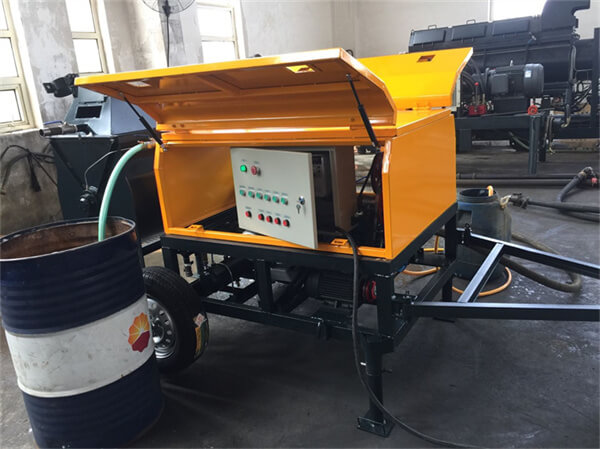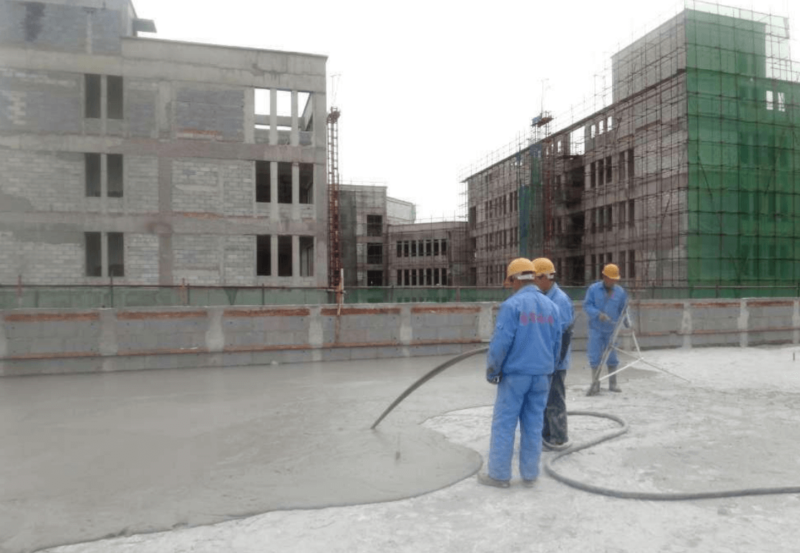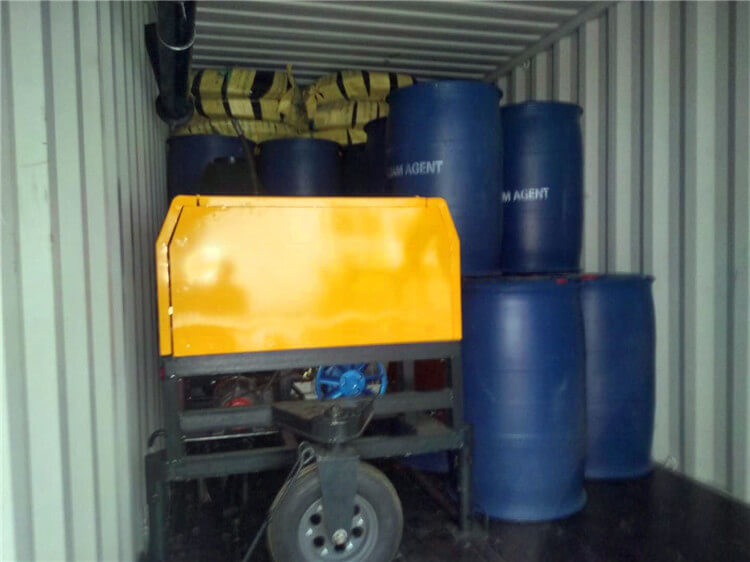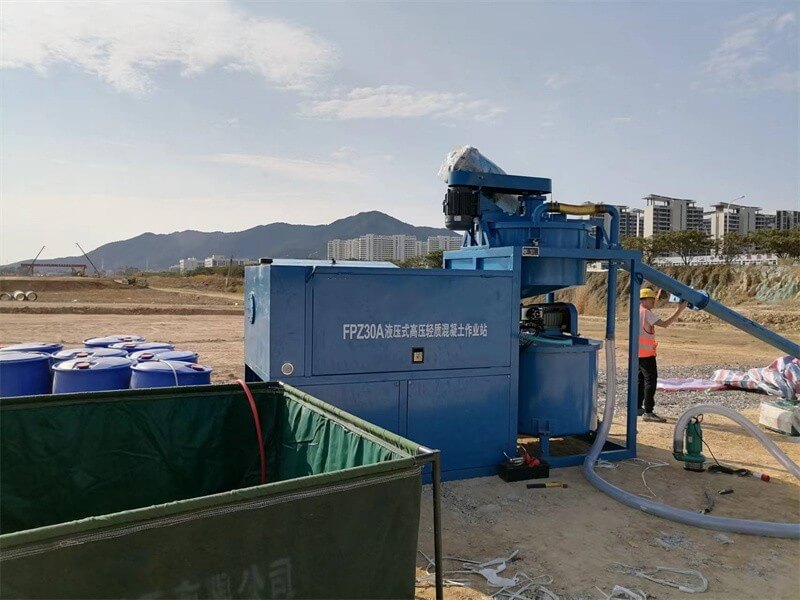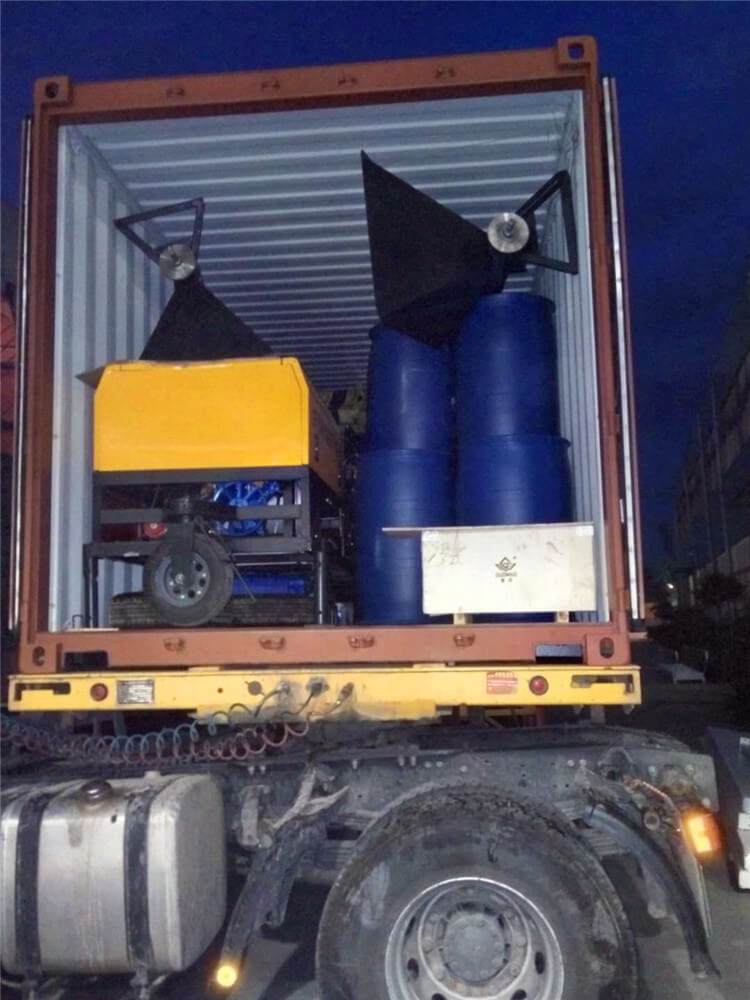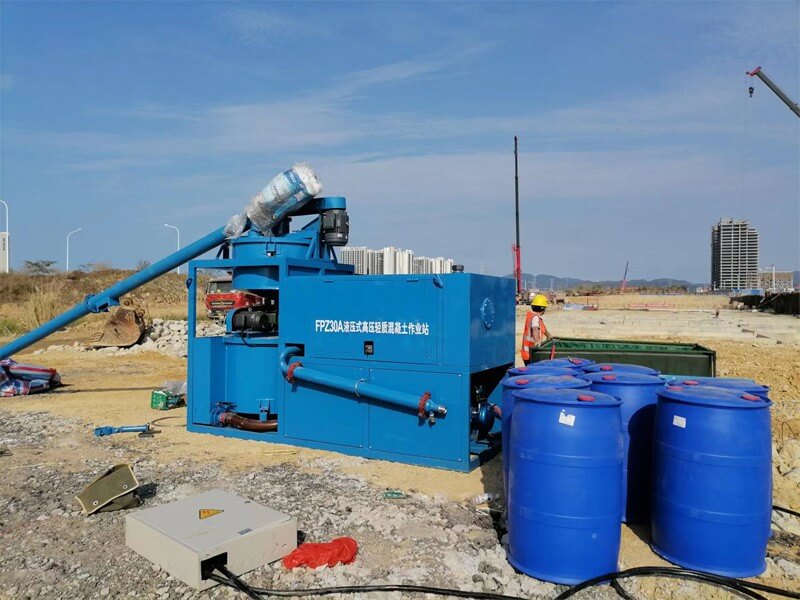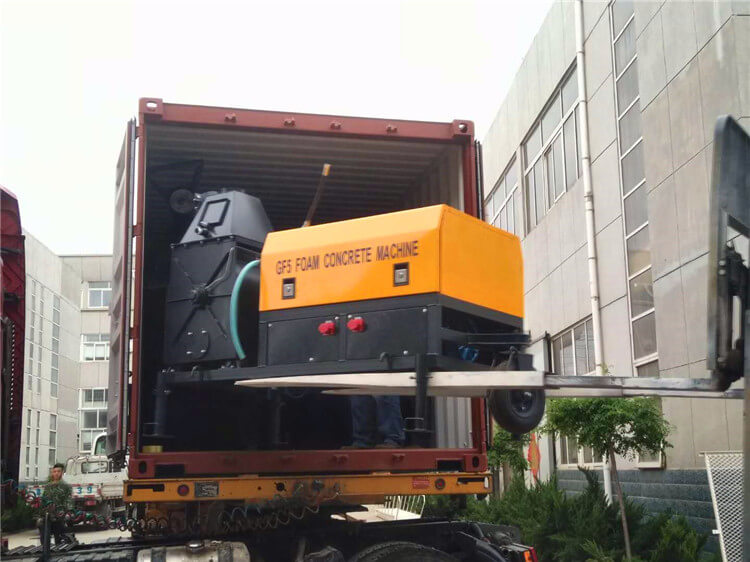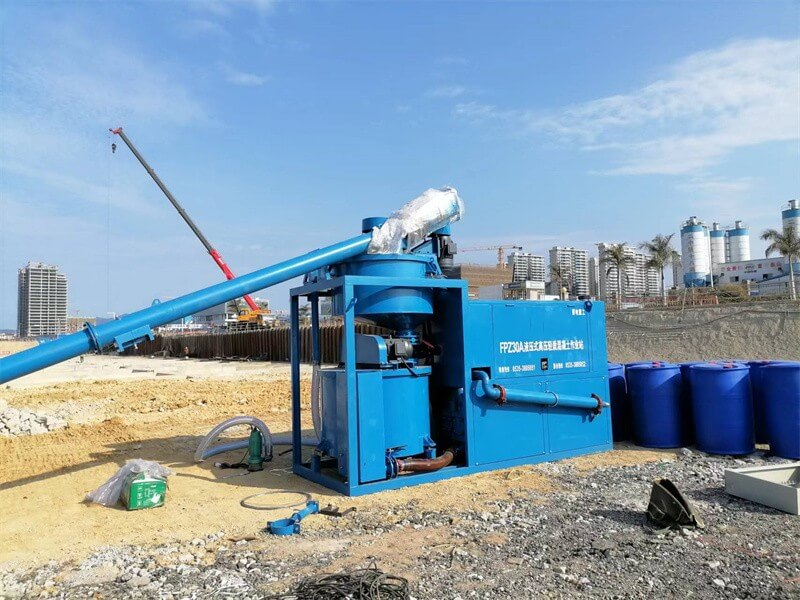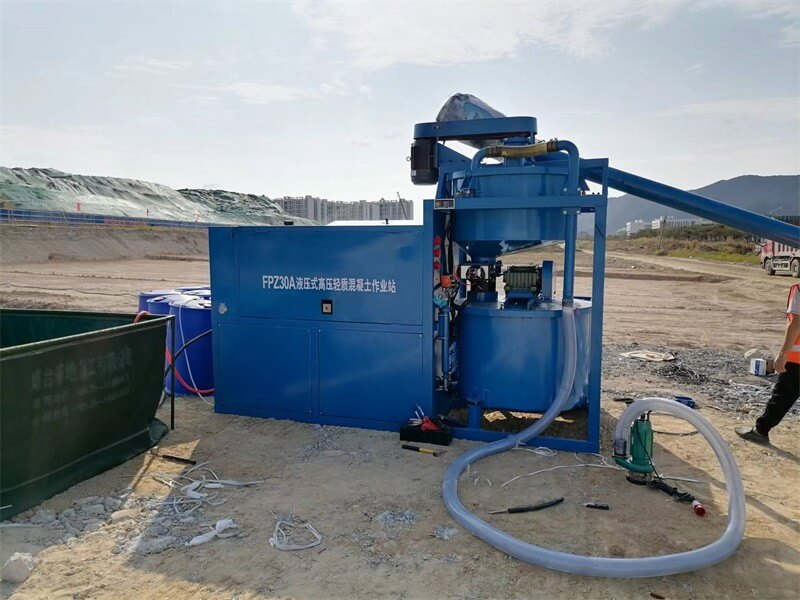Cellular Lightweight Concrete Foam Generator Machine
In the world of construction, innovation plays a crucial role in improving efficiency, reducing costs, and enhancing sustainability. One such innovation that has gained significant traction in recent years is the foam concrete mixer machine. This advanced equipment has revolutionized the way construction sites produce and utilize foam concrete, offering numerous benefits that traditional methods simply cannot match. In this article, we will delve into the features, advantages, and applications of foam concrete mixer machines, highlighting their indispensable role in modern construction projects.
In the world of construction, innovation plays a crucial role in improving efficiency, reducing costs, and enhancing sustainability. One such innovation that has gained significant traction in recent years is the foam concrete mixer machine. This advanced equipment has revolutionized the way construction sites produce and utilize foam concrete, offering numerous benefits that traditional methods simply cannot match. In this article, we will delve into the features, advantages, and applications of foam concrete mixer machines, highlighting their indispensable role in modern construction projects.
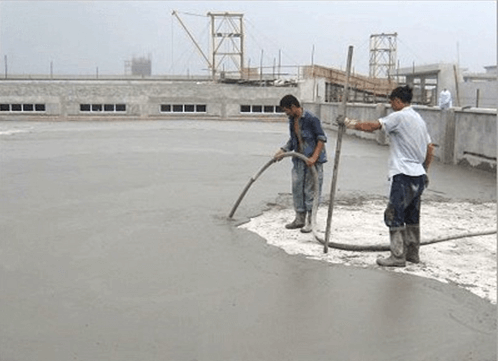
1. Understanding Foam Concrete:
Foam concrete, also known as cellular lightweight concrete (CLC), is a versatile building material that consists of cement, water, and a stable foam generated from a foaming agent. It possesses excellent thermal insulation, low density, high fire resistance, and impressive soundproofing properties. Due to these characteristics, foam concrete finds applications in various construction projects, including building foundations, walls, roofs, and even road construction.
2. The Functionality of Foam Concrete Mixer Machines:
Foam concrete mixer machines are specifically designed to produce foam concrete in a controlled and efficient manner. These machines typically consist of a mixer unit, a foam generator, and a pumping system. The mixer unit combines cement, water, and foam, ensuring a homogeneous mixture. The foam generator produces stable foam by mixing air, water, and a foaming agent. The pumping system then transfers the foam concrete to the desired location, ready for immediate use.

3. Advantages of Foam Concrete Mixer Machines:
a) Enhanced Efficiency: Foam concrete mixer machines significantly reduce labor requirements, as they automate the process of foam concrete production. With their precise mixing capabilities, these machines ensure consistent quality and eliminate the need for manual mixing, resulting in faster construction progress.
b) Cost-Effective Solution: The use of foam concrete mixer machines reduces material wastage and minimizes the need for additional construction elements, such as insulation panels. Foam concrete itself is a cost-effective alternative to traditional concrete, as it requires less cement and aggregate. Moreover, the lightweight nature of foam concrete reduces the load on the structure, resulting in reduced foundation costs.
c) Versatility in Applications: Foam concrete mixer machines offer versatility in construction applications. They can produce foam concrete with varying densities, allowing for customization based on specific project requirements. Additionally, foam concrete can be easily molded into different shapes, making it suitable for complex architectural designs.
d) Sustainable Construction: Foam concrete mixer machines contribute to sustainable construction practices by utilizing fewer raw materials, reducing energy consumption during production, and minimizing waste generation. The thermal insulation properties of foam concrete also enhance energy efficiency in buildings, reducing heating and cooling requirements.
4. Applications of Foam Concrete:
Foam concrete finds extensive use in various construction projects, including:
– Insulation for building foundations, walls, and roofs.
– Filling voids, cavities, and trenches.
– Lightweight road construction.
– Soundproofing walls in commercial and residential buildings.
– Underfloor heating systems.
Conclusion:
The foam concrete mixer machine has undoubtedly revolutionized the construction industry, offering numerous advantages over traditional concrete mixing methods. From enhanced efficiency and cost-effectiveness to sustainability and versatility in applications, foam concrete mixer machines have become an indispensable tool for modern construction sites. As the industry continues to evolve, these machines will play a pivotal role in shaping the future of construction, promoting efficiency, and sustainability in building projects worldwide.







